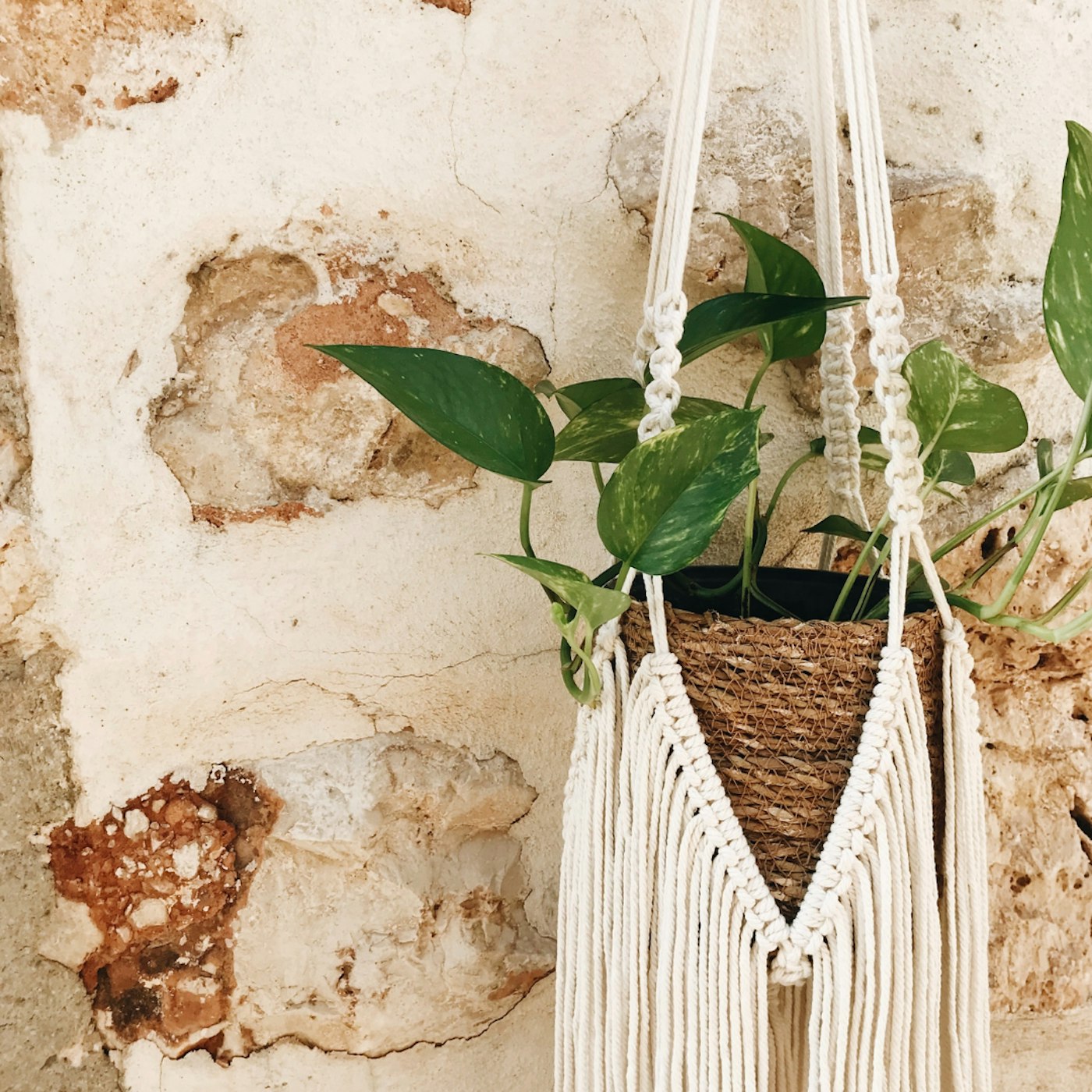
Since the pandemic, it seems like a lot of us have begun to re-evaluate the pace of our lives. More people than ever are changing jobs, and even careers, in search of more time with family, more fulfilment, and more room for pursuits outside of work.
One idea that’s gained significant popularity over the past two years, is slow living.
A bit of a push back against how fast-paced modern life has become, slow living is about taking a more intentional and mindful approach to everyday life. It might include things like narrowing down your commitments so that you can focus on what is most aligned with your values, prioritising rest and looking after your mental and physical health, being present in daily tasks, simplifying your space, engaging in slower pastimes like reading, writing, and cooking or carving out time in your day for quiet reflection.
While slow living is not anti-technology, it also encourages thinking carefully about the digital media we consume and how frequently we consume it.
Taking on some of these habits has done wonders for my sense of peace and fulfilment on a day-to-day basis, but what has surprised me the most has been the effect this has all had on my spirituality. I’d never considered that slowing down had a place in my spiritual development, but as days of pandemic-induced slowness turned to weeks, months, and now, subhanallah, two years, I can see that the two complement each other much more than I previously realised.
Reflection
One of the first changes I made after learning more about slow living was to cut down the amount of information I consumed. I used to fill any long stretch of silence with something ‘productive’, a podcast, an Islamic talk, or some other type of media, but eventually, I came to realise the importance of quiet.
Instead of always having something playing in the background, I began to let my thoughts wander. it was uncomfortable at first – it is usually in silence that the most difficult questions and emotions come to the surface. But with time came a lot of crucial reflection, and with that came growth. Consuming less information also allowed me to think more deeply about what I was consuming, and how I could practically implement what I was learning into my everyday life.
Reliance on Allah
I don’t think you need to be an introvert to enjoy slow living, but it does seem like it’s particularly attractive to those who naturally enjoy their own company. I’ve found that by becoming more present in my time alone, I’ve also felt more inclined to talk aloud to Allah about what’s on my mind.
I do believe there is benefit in seeking counsel from other people, particularly those with more life experience like parents, older relatives, and teachers if you have access to them, but there is a unique kind of healing that I’ve found through confiding in Allah first about my worries.
Gratitude
Being thankful for the little things is at the heart of slow living since it’s all about seeking contentment in everyday life. Maybe it’s admiring the sky outside your window after Fajr, enjoying the process of watering your plants, or taking a moment to appreciate the warmth of a cup of tea in your hands after a long day of work. I’ve found it’s brought a lot of Barakah to even the most ordinary parts of my day.
Relationships
I’ve realised that being stressed out, disorganised, and drained not only has a negative effect on me, but also on the people closest to me. That kind of energy can easily become contagious, even if we don’t mean it to. Taking life at a slower pace has helped me to feel much calmer, more energised, and more positive, both within myself and in my interactions with others.
The more I’ve learned about slow living, the more I’ve noticed how much of this is already present in Islam.
Our deen places so much emphasis on pondering and reflection, the need for solitude and quiet, and the harm of excessive distraction, comparison, and always chasing more.
The same point can be made for other secular ideas, like minimalism, mindfulness, and modern-day meditation. While Islam is whole and complete on its own, I’ve found slow living a useful reminder of some of these beautiful principles in our faith. In such a fast-paced culture, where slowing down can often be looked down on as unambitious or self-indulgent, I hope we can take a minute to pause, and remember it’s spiritual value.
Amaliah Anonymous
This piece was written by a member of the Amaliah community. If you would like to contribute anonymously, drop us an email us on contribute@amaliah.com